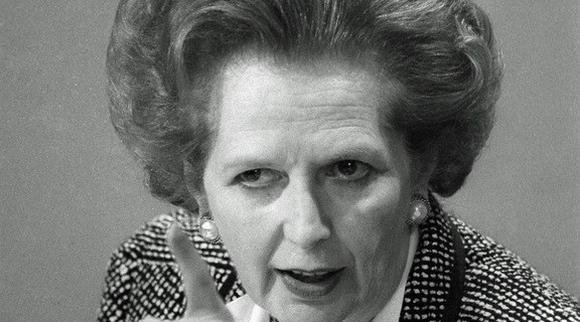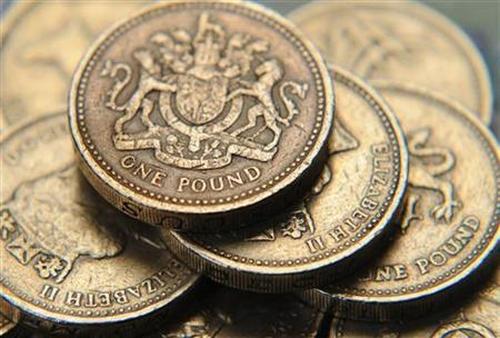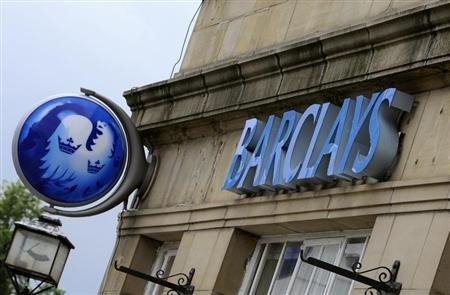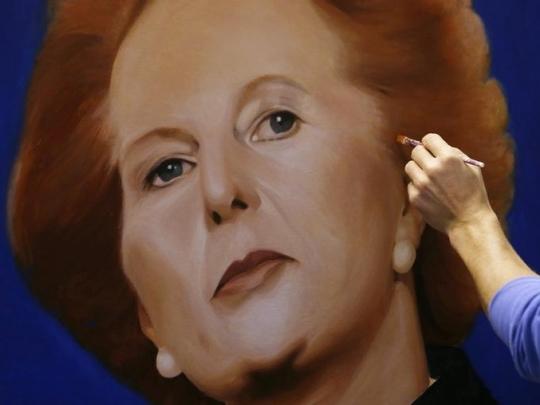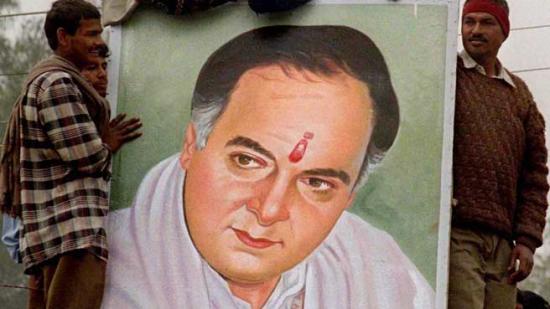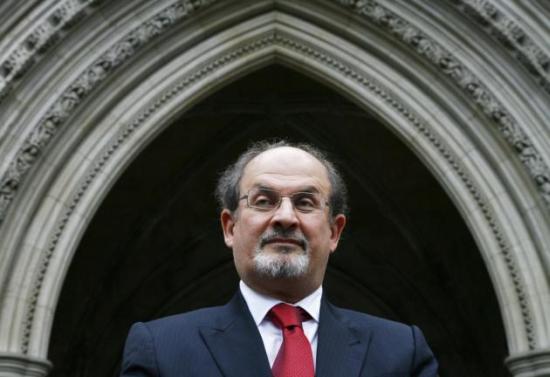 | « Back to article | Print this article |
Why India needs politicians like Margaret Thatcher
We need politicians like Margaret Thatcher, who can articulate economic solutions for the country rather than concentrating on politics alone.
Margaret Thatcher lent herself easily to hatred and caricature. But she didn't care.
She was an economics practitioner with unshakeable convictions about the path Britain needed to take to shake off the lassitude of the years both before and after the great oil shocks of the 1970s.
She chose the theories of classical economics, defiantly rejecting the Keynesian solution to the economic situation facing her, and she prevailed. But in the end, her excessive fidelity to classical economics proved to be her undoing.
Hers is the only known attempt in modern times to implement the poll tax, that all-time favourite of classical orthodoxy (and to this very day the ideal tax in theory, because it does not distort relative prices, the price of leisure in particular).
The people revolted, and her party removed her as their leader.
I often wonder what Margaret Thatcher's response would have been to the present fiscal conundrum in the European Union - to be or not to be austere.
Click NEXT to read more...
Why India needs politicians like Margaret Thatcher
She was pragmatic above all, and the present situation differs from the one she faced when she had to tame a vicious inflationary spiral and bring down interest rates.
It is certain she would have felt powerfully vindicated by having chosen not to yield fully to the European embrace, and to keep the British pound rather than join the euro.
She chose fiscal austerity when she took charge as prime minister in 1979, at a time of unemployment and low growth, but also (unlike today) rampaging inflation.
Reduced deficits and government borrowing did not ease interest rates enough, and it took a few years before she could achieve her ultimate objective of bringing down inflation and interest rates.
She then opened up a market for small loans by enabling tenants of low-income housing owned by local government councils to buy the flats they occupied, in instalments.
Small businesses started at the low interest rate regime she eventually engineered have grown into medium, in some cases major, enterprises of today.
Click NEXT to read more...
Why India needs politicians like Margaret Thatcher
She saw opportunity in the large oil wealth from the price hikes looking for a financial home, and encouraged the use of London as the place where funds could be parked with maturities as short as overnight, no questions asked.
To this day the most widely used benchmark for floating rate loans is the London Inter Bank Offered Rate (Libor).
The recently revealed manipulation of Libor by a few banks was certainly enabled by the financial deregulation she set in motion, which resulted in banks and financial intermediaries becoming as arrogant and unmindful of the public good as labour unions had been in her day.
She did not foresee that, but then again, there were subsequent Labour governments that did not foresee it either. They could have rolled back some of the deregulation she introduced, but did not do so.
Taming inflation took a bit of time. She confronted powerful trade unions, who had built an adhesive and spiralling core into British inflation by constant work stoppages in search of wage hikes, chasing the price rise initially sparked by oil.
Click NEXT to read more...
Why India needs politicians like Margaret Thatcher
Her victory over the unions was among the most artful of her many battles. By demanding that they take a ballot of union members before going on strike, she exposed the anti-democratic world of swagger and cigar inhabited by union bosses, and carried the public with her.
The mining unions were the fiercest hold-outs, and she met their challenge with her belief in markets and free trade. Coal and inexpensive manufactured goods were imported and public subsidies for inefficient British manufacturing units withdrawn.
When she took over the leadership of the Conservative Party, she was chosen for the clarity of her conviction about what needed to be done.
When she set about her task, she famously inspired an open letter in 1981, signed by 364 economists in British academic institutions (including two prominent Indians).
The letter condemned her fiscal austerity, and predicted that it would lead the British economy into terminal decline. She pressed on.
Click NEXT to read more...
Why India needs politicians like Margaret Thatcher
The episode inspired a book, but economists would rather forget about the whole thing. It is said, although the story may just be a floater with no validity, that she framed the letter for her office wall, and enjoyed showing it to visitors.
The academic world had its revenge. An honorary doctorate from Oxford University was voted down. It is possible that this did not bother her.
She believed in lawful protest, because she saw herself as an activist and protester against the economic policies of her predecessors.
She was able in the end to hold up three fingers, for the number of times she had derived legitimacy at the polls to change those policies.
Her political stance on the international arena was not defensible. She opposed economic sanctions on the apartheid regime in South Africa (an initiative led by Rajiv Gandhi within the Commonwealth), and supported the Peron regime in Argentina, when she knew perfectly well that the atrocities they committed would not be permitted by her on British soil.
Click NEXT to read more...
Why India needs politicians like Margaret Thatcher
When a death fatwa was pronounced on Salman Rushdie for Satanic Verses, she immediately gave him comprehensive police cover at public expense, despite the fact that she herself was lampooned as Margaret Torture in that very book.
She earned epithets of that kind and worse by her adamant stance that the care of the homeless and mentally ill was not the business of the state.
In this, she was limited by her upbringing in small-town England, where such matters were handled by the church and private charities.
The horrific spectacle of wandering poor on the streets of London ended only in the 1990s, as the prosperity she enabled and rising tax revenue made it possible for successor governments to reactivate the old shelter homes.
Going into the next general elections, we in India need political leaders who can clearly articulate their solutions to the economic challenges we face.
We require pre-poll policy commitments, not pre-poll party alliances. The electorate need to know the choices before them.
The writer is a retired professor of economics
